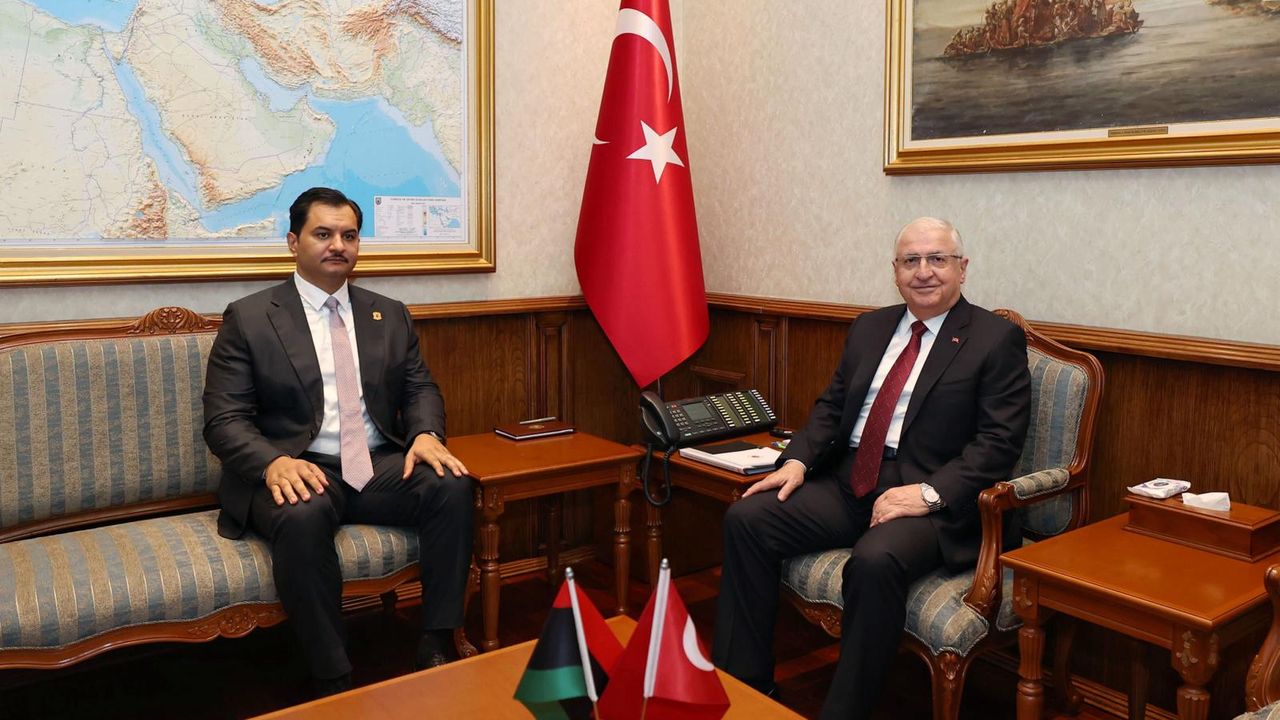Libya: armed groups and authorities reach security deal in Tripoli

Following an abduction of a senior central bank official and recent outbursts of fighting, Libya appears to be sinking into a deeper state of crisis. However, armed factions have come upon a rare moment of stability.
AFP and agencies reported that in Tripoli, Libyan armed groups and authorities reached a deal to secure vital infrastructure, according to an interior ministry announcement on August 24th.
The North African nation remains divided between the UN-recognised government based in Tripoli led by Prime Minister Abdulhamid Dbeibah and the rival eastern administration backed by warlord Khalifa Haftar.
“In coordination with the Ministry of Defense, we have brought together all the security services of Tripoli and managed to reach an agreement to secure the airports and land borders, as well as the headquarters of government (institutions) in the capital,” stated Interior Minister Imad Trabelsi, of the UN-recognised government.
READ: Libya: Central Bank resumes work after official’s release
Both factions “expressed their immediate willingness” to carry out the agreement, said Trabelsi.
“Within 24 hours, we will secure all governmental buildings, including that of the Central Bank of Libya.”
Seddik Al-Kabir, who has governed the central bank since 2012, has been criticised by figures in Prime Minister Dbeibah’s inner circle over the management of Libya’s oil resources and the state budget.
The acting head of the UN’s political mission in Libya (UNSMIL), Stephanie Koury, told the United Nations Security Council that in “the past two months, the situation in Libya has deteriorated quite rapidly,”. Koury cited recent clashes between armed groups on the outskirts of Tripoli and the kidnapping of Kabir.
READ: 100,000 Sudanese refugees enter Libya after crossing Sahara
On August 22nd, UNSMIL urged parties to show restraint, expressing “grave concerns about reports of mobilisation of forces in Tripoli, including the threats to use force to resolve the crisis surrounding the Central Bank of Libya.”
The US Embassy also warned against using force to resolve matters regarding the central bank, stating that such action would harm the institution’s integrity and position in the global financial system.
Since the overthrow of dictator Muammar Gaddafi in 2011, the war-torn country of 6.8 million has struggled to recover after years of instability and conflict.
AFP and agencies
Want to chase the pulse of North Africa?
Subscribe to receive our FREE weekly PDF magazine













